Interview with theme co-convenor of one of six 2019 UKFIET conference themes, ‘Problematising inclusive education systems’: Amy Parker, Portfolio Lead for the DFID-funded Leave No Girl Behind programme, which aims to support interventions for highly marginalised, adolescent girls who are out of school.
Amy is co-convening this theme with Elizabeth Walton, who has also given an interview on her thoughts and expectations for the theme.
What excites you about the theme of ‘problematising inclusive education systems’?
Personally, I find the topic of inclusive systems fascinating – extremely difficult – but very exciting indeed. Access to education has, historically, been exclusionary, with only those from the highest echelons of society benefitting from academic learning. Link this to the fact that education is an extremely powerful political card to be played, the ability (and temptation) for decision-makers to use education to include or exclude is paramount. But enough of this highfalutin talk. The world has committed to access to education for all, which is a good thing. I am excited to hear about the efforts to reach this goal. What practice, research and evidence are there that interrogate the advances and challenges facing the system – as a whole or at the different levels?
education has, historically, been exclusionary, with only those from the highest echelons of society benefitting from academic learning. Link this to the fact that education is an extremely powerful political card to be played, the ability (and temptation) for decision-makers to use education to include or exclude is paramount. But enough of this highfalutin talk. The world has committed to access to education for all, which is a good thing. I am excited to hear about the efforts to reach this goal. What practice, research and evidence are there that interrogate the advances and challenges facing the system – as a whole or at the different levels?
For example, what examples are there on how curricula and assessment block or abet inclusive teaching and learning? Despite huge strides in student-centred pedagogy, assessment is still very much embedded in traditional paper-based and knowledge acquisition-focused examinations – with the drive for more and more data perhaps compounding the issue. Have there been alternatives developed that have been tried out – even if they haven’t initially worked?
I am excited to learn about how inclusive education policy directives play out throughout the system. What have we learnt about how to support the different system levels – individual, community, school, institutional – when an inclusive education policy is announced? Access to education for all children, no matter their citizenship status for example? A change in the language of instruction. And are there examples of research and practice that have challenged exclusionary policies – pregnant girls not being allowed to attend school for example?
Finally, I am super excited to explore what participation looks like in shaping inclusive education. In a hierarchical system, how are the voices of learners, communities and teachers meaningfully listened to? How does the system take into account values and perceptions around inclusion? What about when the perceptions around inclusion do not match what best practice has been deemed to be?
How does your theme link to the overall 2019 conference theme of inclusive education systems?
This theme looks to interrogate the very heart of the overarching conference theme. In many cases, we are almost having to retrofit what was designed as segregated/ exclusive education provision to now being all inclusive. Where are the cracks appearing and what has been done and/ or could be done – and what are the trade-offs? It is essential that the system is understood and looked at as a whole, ensuring that the right hand speaks to the left hand, so-to-speak!
What kind of papers would you like to see submitted under your theme?
We would like to see a wide range of papers – both from practice and academic circles. I always like to read about the positive deviance examples, especially those that really go into the why. However, I am also keen to celebrate failure – and what we have learnt, or can learn to inform future direction.

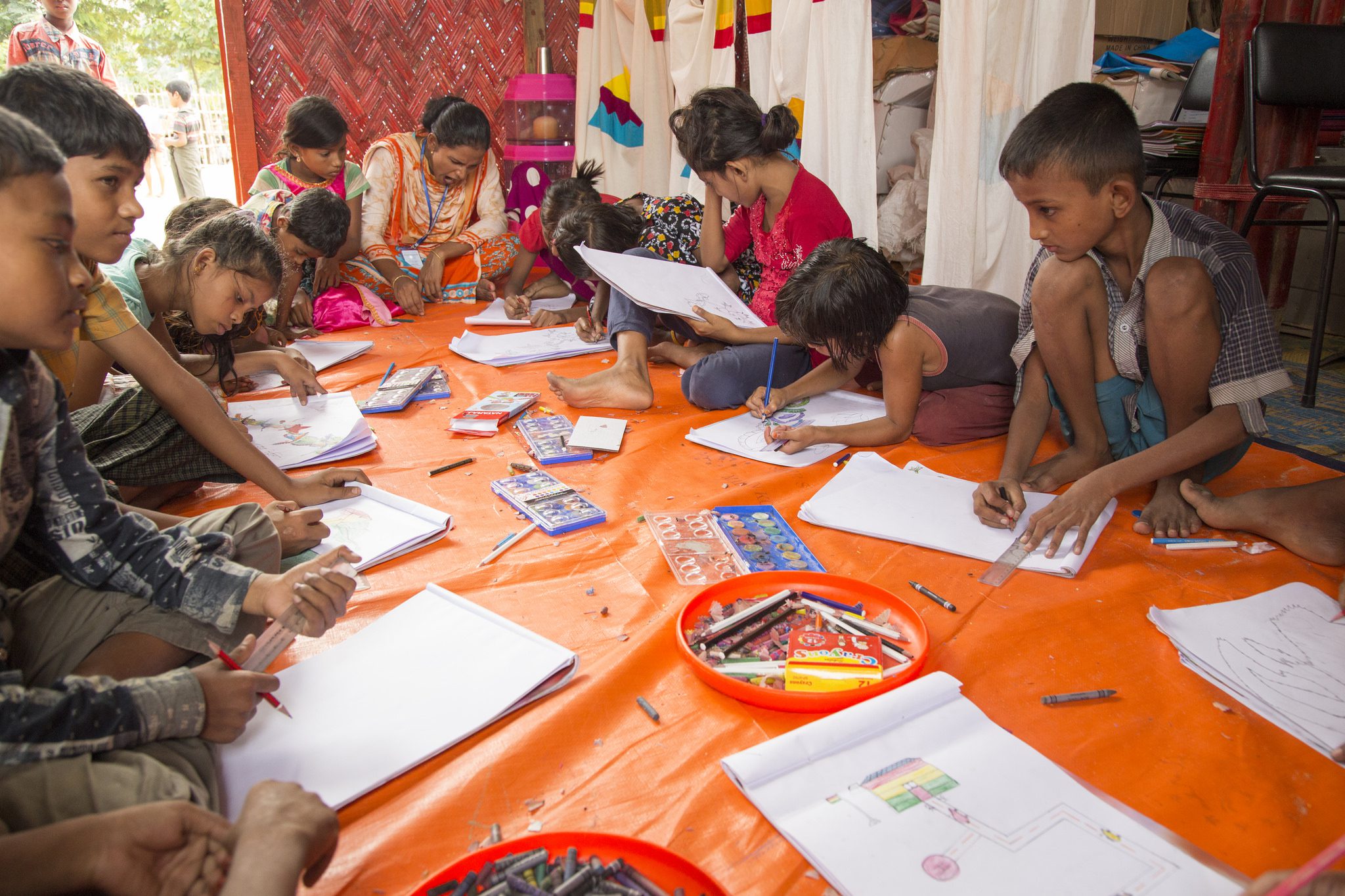
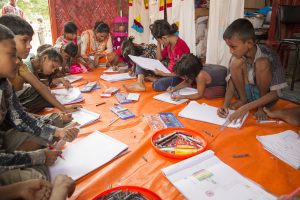
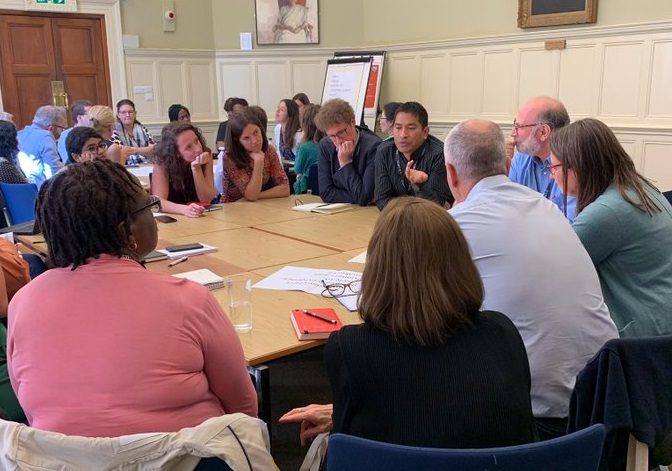
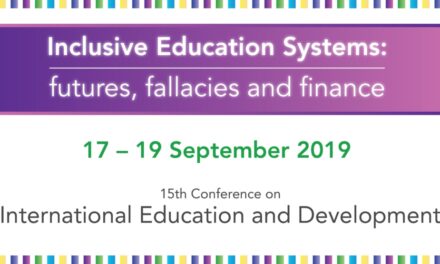
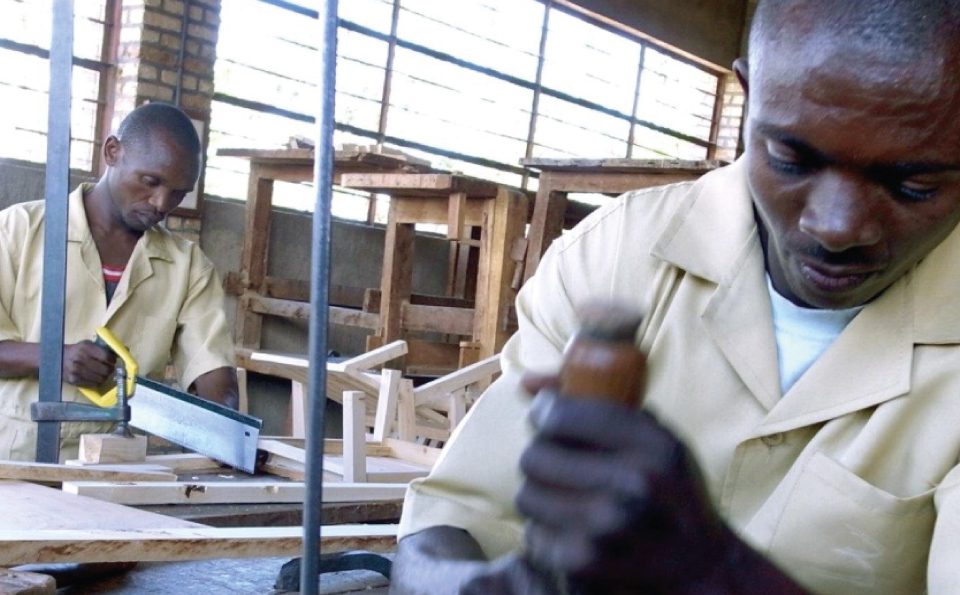
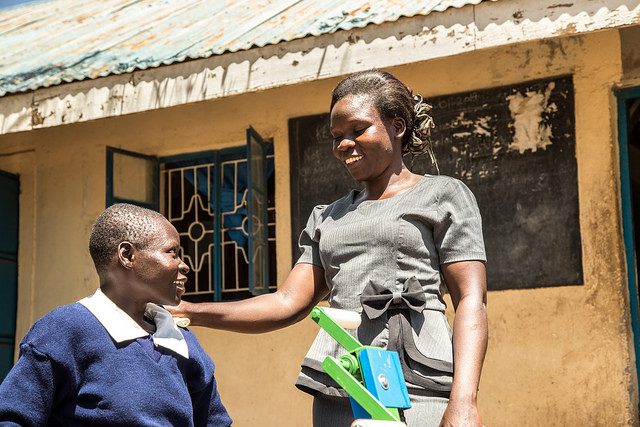
This is an exciting subject to me here at Kenyatta University. Problematizing inclusive education system would be interesting to apply it to the Kenyan case as we struggle to transition from one system to another of education. Our constitution has integrated the right to education for all children that is is compulsory up to age 18 years. But when one considers the practice and implementation of the constitutional declaration, the reality of the Rights to education both from economic and disability perspectives is far from truth. Changing the system of education will not change the inclusive component to provide education for all the children.